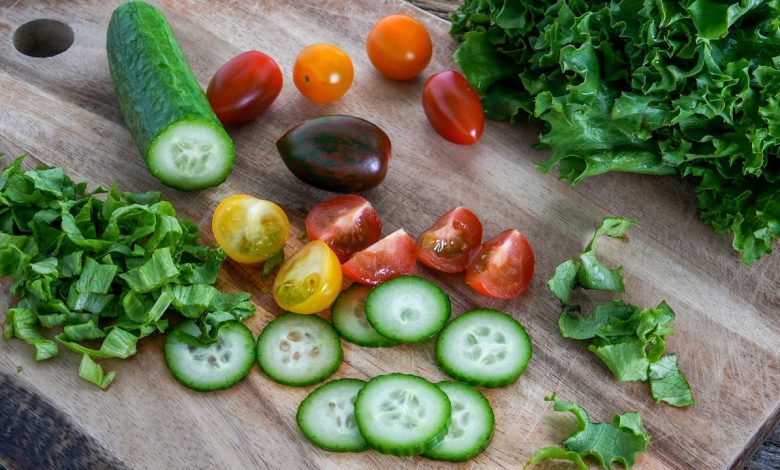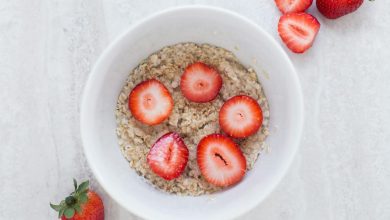What’s the Difference Between a Plant-Based and Vegan Diet?

When it comes to healthy eating and conscious living, you’ve probably heard two buzzwords: “plant-based” and “vegan.” At first glance, they might seem interchangeable, but there’s actually a subtle yet important difference between the two. In this blog post, we’ll break down what each term really means and help you decide which one aligns with your goals or lifestyle.
What is a Vegan Diet?
Let’s start with veganism. A vegan diet avoids all animal products—this includes meat, dairy, eggs, and any food derived from animals like honey. Veganism, though, is more than just a diet; it’s a lifestyle rooted in the ethical belief that animals shouldn’t be exploited or harmed. As a result, many vegans extend this mindset beyond their plate. They avoid wearing leather, using cosmetics tested on animals, and other products sourced from or tested on animals.
In summary, being vegan is a lifestyle focused on minimizing harm to animals in all aspects, not just diet. The diet itself is entirely free of animal products.
What is a Plant-Based Diet?
A plant-based diet, on the other hand, focuses on eating whole, minimally processed foods that come from plants. This includes fruits, vegetables, grains, nuts, and legumes. However, a person following a plant-based diet isn’t necessarily vegan or even vegetarian. While plant-based eaters prioritize plants, some may still occasionally consume animal products, like eggs, dairy, or even small amounts of meat.
The main goal of a plant-based diet is health. People who choose this way of eating often do so to improve heart health, manage weight, or lower the risk of chronic diseases like diabetes and cancer. Unlike veganism, plant-based eaters may not have ethical or environmental concerns at the forefront of their decision, though they might still overlap with those values.
Key Differences: Ethics vs. Health
- Ethics: Veganism is deeply connected to a philosophy of non-harm and animal rights. Vegans strive to eliminate the use of animals in all areas of life, from food to fashion.
- Health: A plant-based diet is primarily about personal health and wellness. It’s centered around consuming nutrient-rich, whole foods to nourish the body.
Can You Be Both?
Absolutely! Many people follow a plant-based vegan diet, which means they avoid animal products for ethical reasons while also focusing on whole, unprocessed plant foods for health. This approach blends the best of both worlds, combining compassion with well-being.
Which One Is Right for You?
If you’re primarily motivated by animal welfare and environmental sustainability, veganism might be the path for you. On the other hand, if you’re more focused on improving your health but still want some flexibility, a plant-based diet could be a better fit.
That said, there’s no “one size fits all” when it comes to food. Some people start with a plant-based diet and gradually transition to veganism, while others remain flexible with occasional animal products. The key is finding what works for you—whether that’s focusing on plants for health, animals for ethics, or a little bit of both.
Final Thoughts
While plant-based and vegan diets may seem similar, they cater to different motivations—health vs. ethics. Understanding the distinction can help you make more informed choices that align with your values and goals. Whether you choose to go vegan, plant-based, or somewhere in between, every step toward a more mindful and intentional diet is a step in the right direction.



